
Are You Training Hard, but Recovering Poorly?
5 MINUTE READ
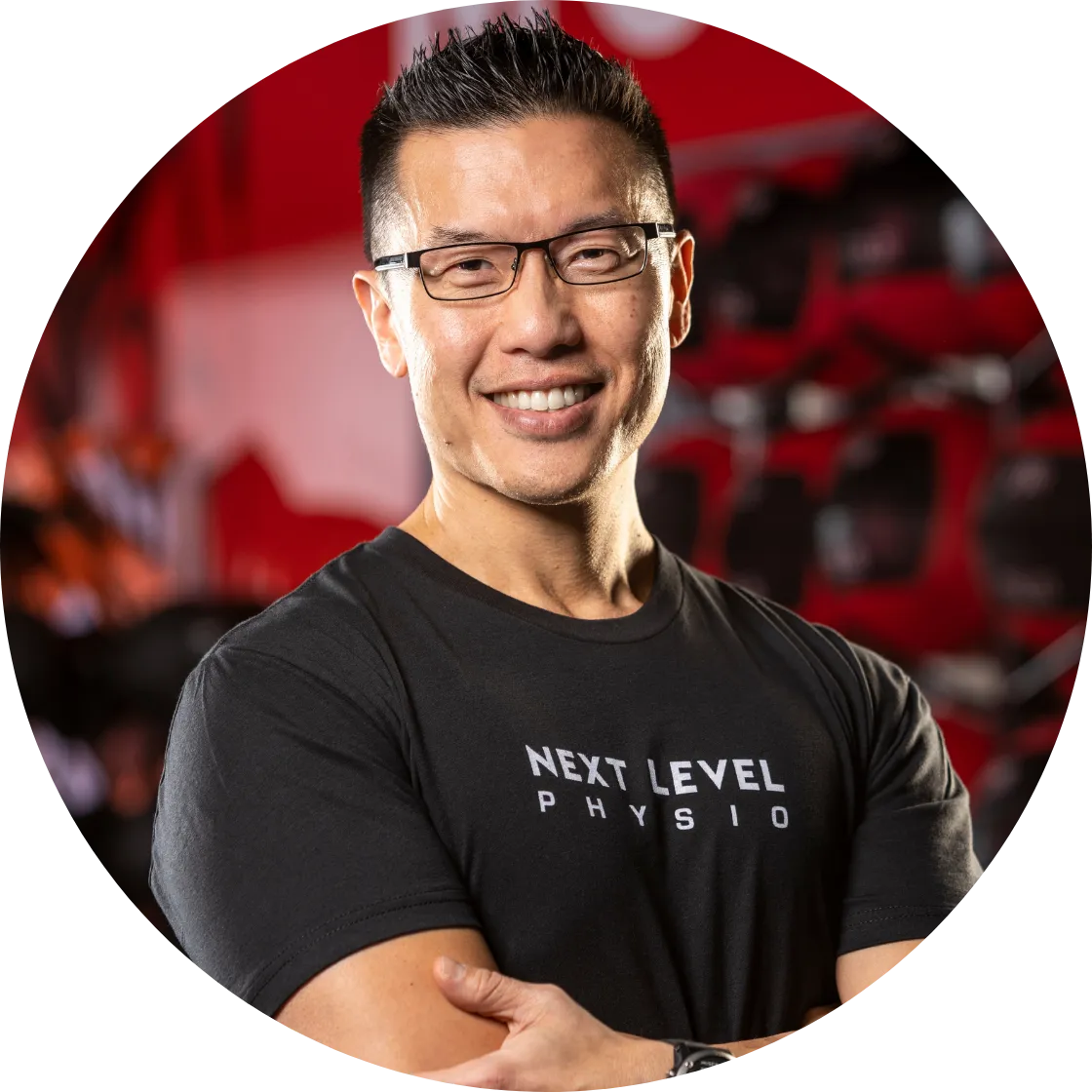
By: Dr. Jerry Yoo
CEO & Founder, Next Level Physio
If you’re a runner, triathlete, golfer, or lifelong athlete in your 40s or beyond, you may have noticed something.
You do not bounce back from training like you used to.
Your pace might still hold, but recovery takes longer.
Soreness lingers.
Injuries appear more often and stick around longer.
Focus and mental sharpness sometimes fade mid-workout
Now, the answer that may help 70% of our older athletes is to tweak training volume, improve nutrition, add rest days, or invest in more recovery tools.
But one of the most overlooked factors in performance is also one of the most basic - sleep.
I learned this the hard way.

For decades, I thought I was sleeping fine. My watch showed around 7-8 hours a night with decent efficiency, and I figured that was enough. But I was noticing patterns. Recovery was slower between runs and hard workouts. I had many more days of brain fog. My irritability crept up. I blamed age, workload, and life stress.
Then I got a sleep study done recently. My motivation was more at the beckoning of my wife who would often report bouts of hearing me snore, then stop breathing completely before gasping for air - all unbeknownst to me.
The results of my sleep study were shocking to me. I was diagnosed with moderate sleep apnea. I had 15 breathing interruptions per hour, 27 disruptions per hour, my oxygen saturation dropped to 89 percent, and 10 full awakenings in a single night. While my total sleep time was 7-8 hours, my ACTUAL sleep averaged 5-6 hours.
Essentially, my body was being robbed of deep, restorative sleep every night.
Here is my sleep data compared to the gold standard for athletes:

Those numbers told me everything. I was training on a recovery deficit every single day for DECADES…
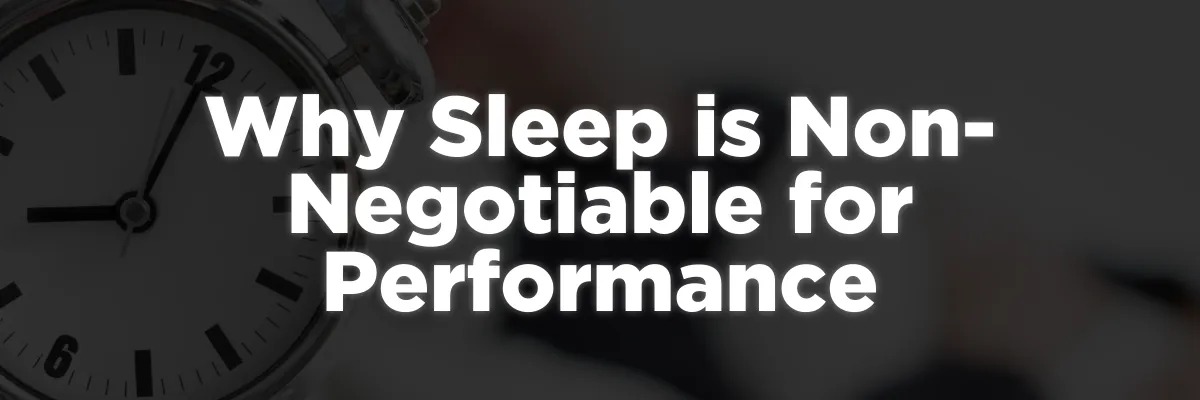
Sleep is the primary time when the body repairs and adapts to training. We cycle through light sleep, deep sleep, and REM sleep each night.
Light sleep prepares the body for deeper stages of recovery.
Deep sleep is critical for athletes. This is when growth hormone is released, tissue repair takes place, and muscles rebuild.
REM sleep is where the brain consolidates memory, sharpens focus, and improves coordination.

Scientific evidence is clear:
One night of poor sleep can reduce time to exhaustion by over 10 percent.
Averaging less than 7 hours per night of quality sleep increases injury risk by 1.7 times.
Poor sleep limits glycogen storage in muscles, meaning you start workouts with less fuel.
Reaction time, accuracy, and decision-making decline after just two nights of disrupted sleep.
For athletes over 40, these effects stack faster because deep sleep naturally decreases with age. Add training stress and life demands, and the recovery gap widens.
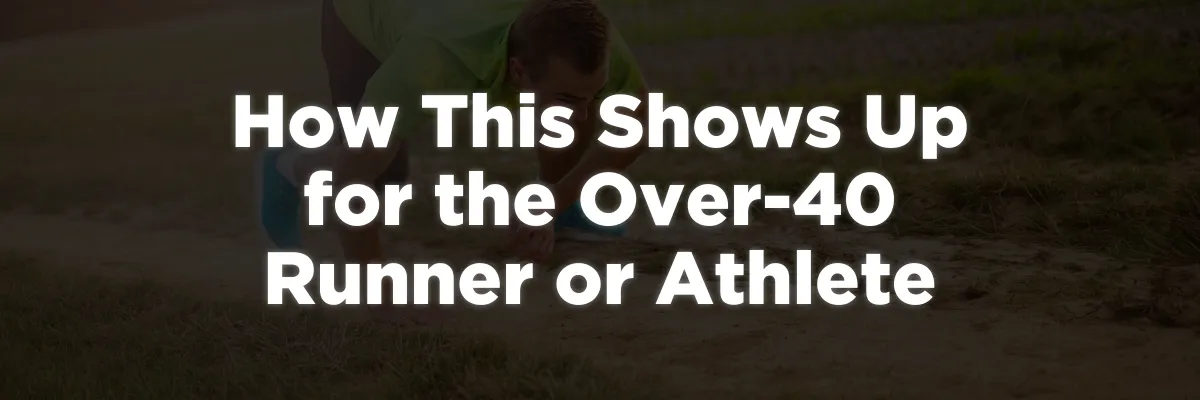
Poor sleep might not make you feel classically tired, but it often shows up as:
Soreness lasting days longer than expected.
Training plateaus despite consistency.
Recurring tendon or joint pain.
Mental “off” days where focus is missing.
Brain fog
Even the best physio and training program cannot overcome poor sleep. That is why we address recovery both in and out of the clinic, including investigating possible sleep issues.
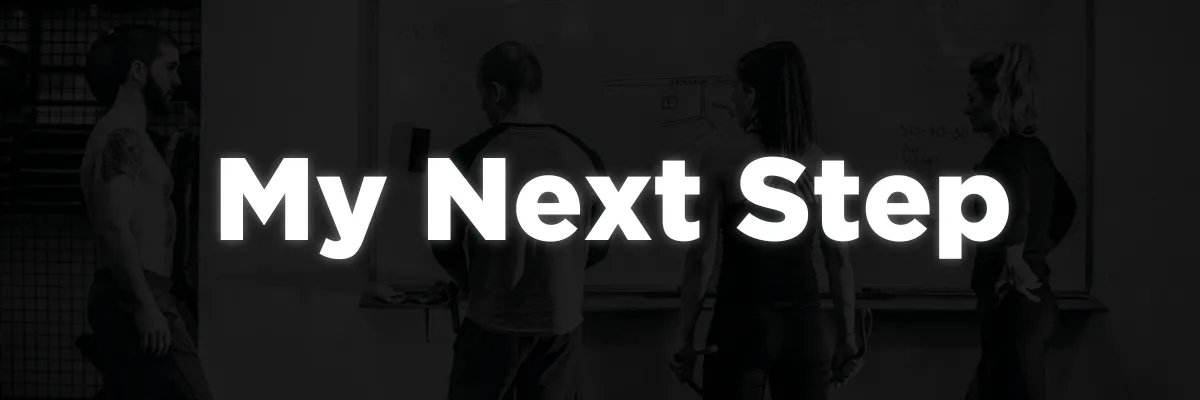
I am starting CPAP therapy soon and nightly monitoring for my sleep apnea. My goal is to sleep better and to see how this impacts recovery, training output, and daily energy.
If you’re over 40 and still training hard but feel like you’re stuck in second gear, your sleep might be the real limiter. Addressing it could be the biggest upgrade you ever make.
PS-> Curious to find out what YOUR limiter might be? Let’s do a deep dive, together, to identify what’s keeping you back from becoming the best version of you. Click here.
And if you’re looking for more ways to break through plateaus, protect your mental edge, and bring joy back to your runs, explore our expert videos and strategies on our YouTube Channel and connect with us on social for daily tips and inspiration:
Next Level Physio
Dr. Jerry Yoo
Sincerely,
Dr. Jerry Yoo
If you’re a runner or hybrid athlete struggling with low back pain, don’t miss this one 🎥 I break down SI joint pain, the most common (and most misdiagnosed) back pain in active adults. Watch and subscribe here:
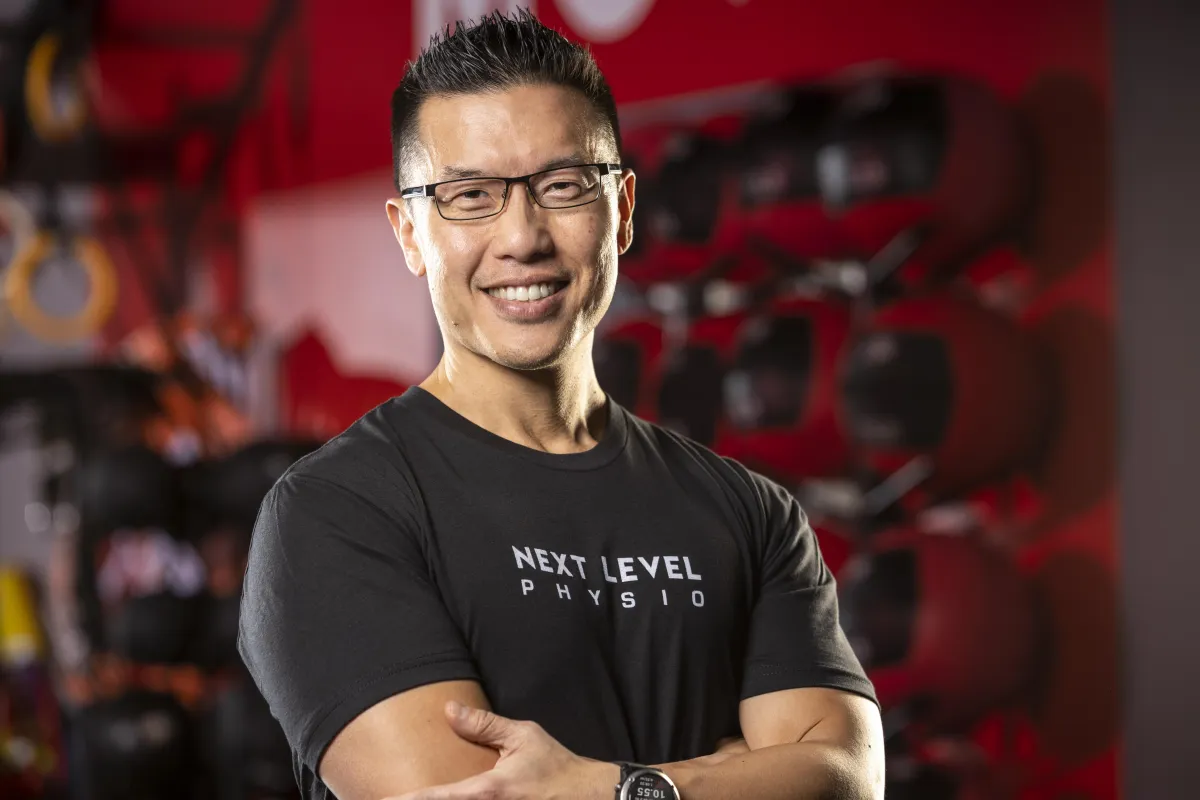
About the Author
Dr. Jerry Yoo is the Founder of Next Level Physio.
He has worked with runners and triathletes for over 25 years, and is a clinical running research partner with Rutgers University. Dr. Jerry is an expert at helping runners and lifelong athletes over 40 get back to what they love to do.
He can be reached directly at
Post Address and Mail
Email: info@nlphysio.com
Address
1055 Darrington Drive
Cary, NC 27513
Address
4000 Wake Forest Rd Suite 112, Raleigh, NC 27609
Get In Touch
Hours
Mon - Fri: 9:00 am- 6:00 pm
Sat: By Appointment (8:00 am - 12:00 nn)
Sun: Closed
Phone Number:
919-650-4633

Copyright 2025. All rights reserved
References:
Chase, J. D., et al. (2017). Sleep and athletic performance: impacts on physical performance, cognition, and health. Journal of Clinical Sleep Medicine, 13(5), 669-677. https://pmc.ncbi.nlm.nih.gov/articles/PMC9960533/
Stephenson, R. (2024, August 7). How does sleep affect athletic performance? Mass General Brigham. https://www.massgeneralbrigham.org/en/about/newsroom/articles/sleep-and-athletic-performance
Mayo Clinic Health System. (2024, June 3). Sleep and athletic performance. https://www.mayoclinichealthsystem.org/hometown-health/speaking-of-health/sleep-and-athletic-performance
Sargent, C., Lastella, M., Halson, S. L., & Roach, G. D. (2014). The impact of sleep restriction on athletes’ performance. Sleep, 37(5), 945-955.
Gong, X., et al. (2025). Effects of sleep deprivation on sports performance and perceived exertion: A meta-analysis. Frontiers in Physiology, 2025, Article 1544286. https://www.frontiersin.org/journals/physiology/articles/10.3389/fphys.2025.1544286/full
Ueno, T., et al. (2019). Oral appliance effectiveness and patient satisfaction with obstructive sleep apnea treatment. Medical Science Monitor, 25, 600-610. https://pmc.ncbi.nlm.nih.gov/articles/PMC6346846/
Sutherland, K., et al. (2014). Oral appliance treatment for obstructive sleep apnea: An update. Journal of Clinical Sleep Medicine, 10(2), 215-227. https://jcsm.aasm.org/doi/10.5664/jcsm.3460
Lin, X., et al. (2024). The effects of exercise training as a treatment component of obstructive sleep apnea syndrome. Journal of Clinical Sleep Medicine, 20(11), 1356-1366. https://jcsm.aasm.org/doi/10.5664/jcsm.11366
Suburban TMJ Center. (2025, March 31). The Sleep-TMJ Connection: Sleep and Jaw Health. https://www.suburbantmjcenter.com/sleep-tmj-connection-sleep-and-jaw-health/
Movement-X Physical Therapy. (2025, January 13). The role of physical therapy in sleep apnea management. https://movement-x.com/neurological-conditions/the-role-of-physical-therapy-in-sleep-apnea-management/
Sleep Research Society. (2024, August 5). What does the research say about sleep and athletic performance? https://sleepresearchsociety.org/what-does-the-research-say-about-sleep-and-athletic-performance/

Facebook
Instagram
Youtube
Website